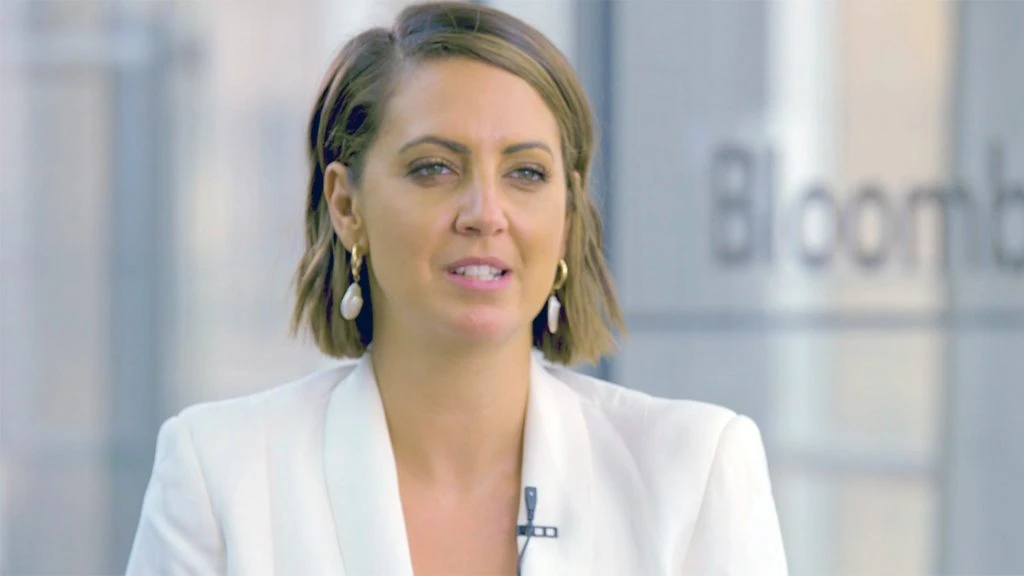Supporting reconciliation and equality of First Nations peoples in Australia
July 16, 2020


As home to the oldest continuing living cultures in the entire world, Australia occupies a unique place in the ongoing conversation surrounding equality, racism, and injustice. Since the colonization of Australia by British settlers in the 18th century, Aboriginal and Torres Strait Islander peoples have experienced injustices, ranging from the denial of traditional cultures and connection to lands to the forced removal of children and lack of citizenship rights. The inequities created continue economically today – recent census data shows the mean gross household income for Indigenous persons was $460 per week, which amounted to 62% of the rate for non-Indigenous Australians ($740 per week).
In the past few weeks, thousands have taken part in Black Lives Matter marches across Australia, both in solidarity with Black Americans fighting for racial equality in the U.S., and to stand up against the discrimination faced by First Nations peoples in Australia. These shows of protest and support have aligned with National Reconciliation Week (NRW) , a week of significance that highlights the ambitions of moving towards an equitable society through building more respectful relationships between the wider Australian community and Aboriginal and Torres Strait Islander peoples, and how much is still left to be done.
Reconciliation in Australia – some context
NRW marks two significant moments in Australia’s history. The first was on May 27, 1967, when Australians voted to remove clauses in the Australian Constitution that discriminated against Aboriginal and Torres Strait Islander peoples. The next came on June 3, 1992, when Torres Strait Islander Eddie Koiki Mabo’s campaign for Indigenous land rights led to a landmark decision at the High Court of Australia that overturned the legal fiction of terra nullius (land that is legally deemed to be unoccupied or uninhabited) which had characterized Australian law with regards to land and title since 1770.
The following year, from May 27 to June 3, Australia held its first NRW — a week for Australians to learn about shared histories, cultures and achievements, and to contribute to the ongoing reconciliation process.
Our Reconciliation Action Plan
At Bloomberg, we believe in creating a positive impact on a local level. After all, this impact matters most in the lived experience of individuals—in the communities where we live and work, where we recruit our talent, and where our philanthropic efforts make a difference.
In December 2019, we launched our very first Reconciliation Action Plan. This plan includes mentorship and career opportunities for Aboriginal and Torres Strait Islander youth, participation in different initiatives aimed to empower and celebrate Aboriginal and Torres Strait Islander cultures, and public art partnerships to showcase the work of Indigenous artists, among other projects. We are the first U.S. company to assemble a global team to do this, all with the guidance of Indigenous Advisors to assess our efforts and ensure our work is as impactful as possible.
“After operating in Australia for 25 years and building on our philanthropic efforts, we have assembled a region-wide team to deliver our very first Reconciliation Action Plan. Within this plan, we hope to work alongside the Aboriginal and Torres Strait Islander communities to leverage our firm’s global expertise in order to find unique approaches to support and progress reconciliation efforts by lifting the awareness and engagement of our employees, and inspiring our stakeholders and clients to join us on this journey,” said Heena Chakravorti, Managing Director, Australia and New Zealand.
Creating a conversation
During NRW this year, we brought our employees in Australia together for two virtual events. We kicked off the week with honest dialogues on a range of topics, from recognizing that First Nations peoples make only 66 cents for every dollar earned by other Australians, to the importance of leading with empathy when engaging with Aboriginal and Torres Strait Islander communities.
We ended the week with a discussion with Bloomberg Philanthropies’ long-term partner Kaldor Public Arts Projects about their newest endeavor, Project 36: do it (Australia). We heard from Indigenous artists who reminded us of the need to preserve First Nations languages and cultures.
Watch a video on the importance of reconciliation, and read more about the Reconciliation Action Plan and what Bloomberg is doing.